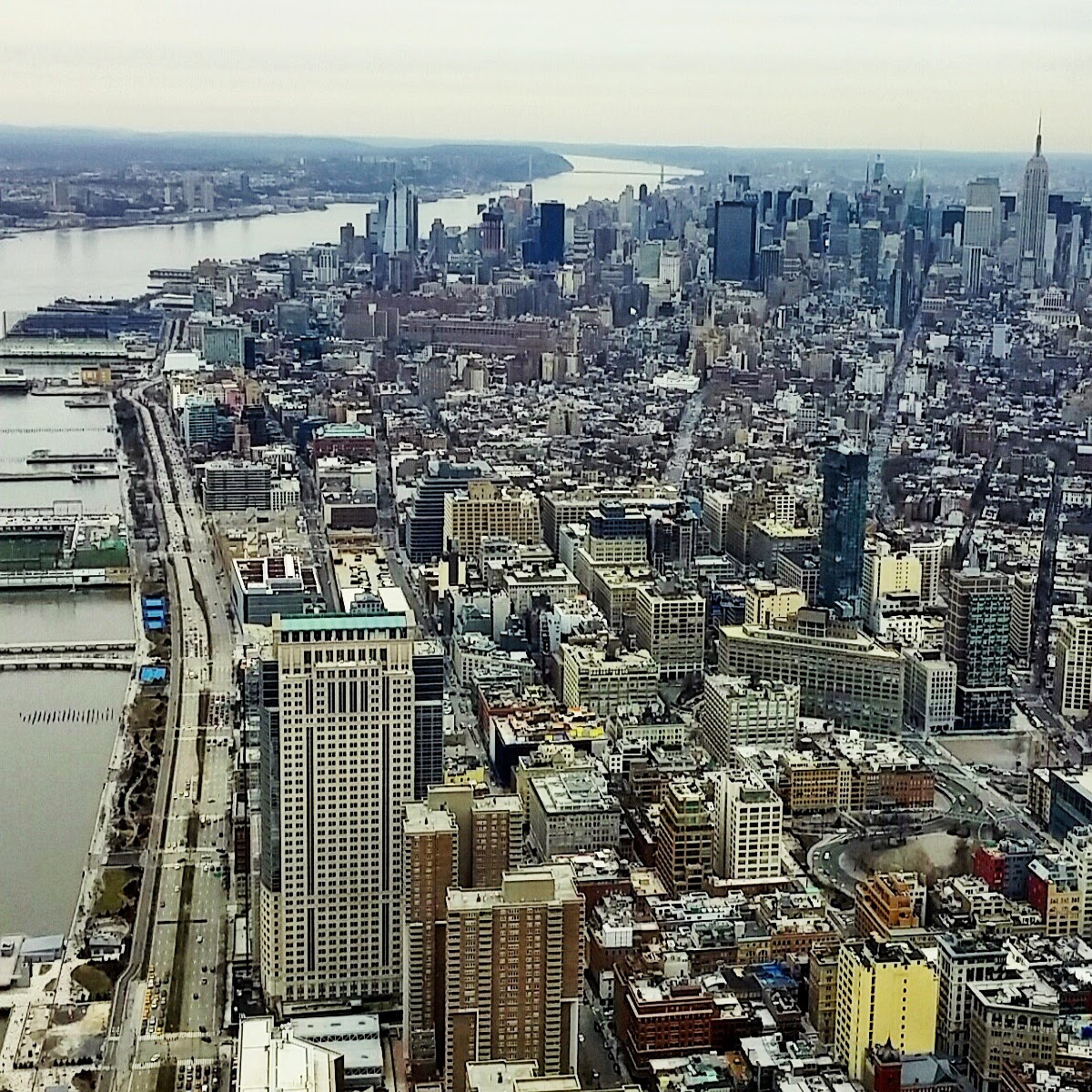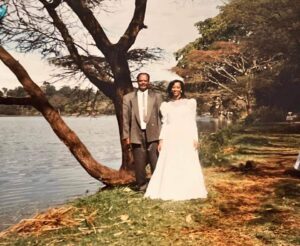Discernment is one of the hardest skills to teach and to learn. Within every field and sub-field lies another method of discernment which constantly evolves. It’s with that understanding that I want to dive into what Never Again means, how we use it, and how it’s weaponized.
.
where to begin
Where there is an atrocity, there is context. This context usually doesn’t matter to the victims, but is an absolute necessity when it comes to avoiding repeating mistakes. In Pedagogy of the Oppressed, Paulo Freire notes the tendency for the oppressed to become oppressors instead of seeking liberation. While I have a number of hypotheses as to why this might be, the point stands that the oppressed vs oppressor relationships are highly contextual.
It’s a common diversionary tactic to move the starting point for analysis when shifting blame for atrocities. It’s also common to talk about how “times were different.” These are valid lenses for analysis, but not for justification. These lenses should serve as prevention for repeating the same mistakes in the future. The conflation of contextualization and justification is where people tend to lose their moral high ground.
With the exception of small children, no one is entirely innocent—at least in the sense of having done everything in this life correctly. This is why people often resort to character assassinations in the courts of law and public opinion. That said, the general opinion should concern the active parties, the acts in question, and—perhaps most importantly—their power dynamic.
.
on power struggles
All thorough societal commentators struggle at some point with evolving power structures. Liberty and civility have been rocking political balances since the dawn of civilization. When the pendulum swings towards civility, high trust societies often emerge. As people grow complacent in this trust, liberty enters the conversation and opportunists derail progress for selfish gain. Progress is rarely linear, and it’s this pendulum that keeps the path twisted.
If it was sufficient to punish and denigrate wrongdoings, bureaucrats would have a much easier job. Their real challenge lies in creating a world which fosters virtue. That involves nuance, empathy, and acknowledgement of the fallibility of all humans. This hypothetical system focuses on rehabilitation, community-preservation, and unalienable human rights.
Historians say that history doesn’t repeat itself, but it does rhyme. The real innovation isn’t in the crime itself, but the technology used to perpetrate it. Before cyber-bullying, kids were evil on the playground. Before guns, there were swords. Pattern recognition is essential for societal betterment, because circumstances and technology evolve but the patterns remain. Genocide and terrorism are timeless in large part because humans haven’t changed all that much. People have been fighting and murdering their fellow man since Cain and Abel.
.
how we use ”Never Forget/Again”
On its surface, “Never Forget/Again” typically means that someone won’t do or allow something to happen again. It often applies to specific actions or moments in history, and less to circumstances, regardless of how interrelated or causative they might be. This shallow condemnation is performative at best. We are active shapers of this world, and strong words combined with passivity or willful ignorance is propaganda.
Peace requires diplomacy, self-reflection, and active prevention. Peace does not come from the threat of violence and never will. Studies show that instability—socioeconomically, financially, and emotionally—are some of the biggest drivers of crime. Policies which destabilize communities (at home AND abroad) are doomed to bite back. Karma may not be real, but cause and effect definitely are.
It’s much easier to say “that’s just the way things are” or “things shouldn’t be like this” than it is to take action. The phrases “Never Forget/Again” are similarly hollow, just more emphatic. Their punchiness also effectively cut off any nuance or complex analysis. All it does is allow for the affected to weaponize the event for propaganda and weak justification.
.
accountability and foreshadowing
As sands of time shift so to does the culpability. It’s common to play the victim, but it’s imperative to recognize defensive vs offensive action. Self-defense is not a crime, but excessive force is. Equating violent resistance with violent oppression only helps the oppressor.
Oppression and accountability show up in different ways in different environments. Black Americans can be oppressed at home and oppressors abroad. Mistreatment by the American government doesn’t excuse the soldiers committing war crimes on its behalf. Accountability and oppression are ultimately situational.
Accounting for the past and one’s role in it is essential for creating a better future. Our actions today foreshadow the events of tomorrow. If you sow the seeds of violence, you’ll reap the misery of death and destruction. If being a menace isn’t enough to dissuade terrorism, perhaps its inevitable retaliation can be. We have to take into consideration our past and future selves when planning today.
.
9/11 and the holocaust
It’s no coincidence that I’m publishing this article on September 11th. 9/11 was the culmination of decades of imperialism and interference in the Middle East, from Operation Ajax to Operation Cyclone. For context: Operation Ajax overthrew a democratically elected government in Iran in 1953 to preserve the oil interests in the region. Operation Cyclone funded Muslim extremists against the USSR from the late 70s to early 90s, including (crucially and topically) Al-Qaeda.
“Never Forget” should mean that we prioritize prevention via diplomacy. Respecting the sovereignty of other nations and acknowledgement and reparations of harm should be the bare minimum. Instead, the US invaded Iraq because they thought it would make them look good and hoped Iraq had WMDs. Now we’re a day late and a trillion dollars short. The Middle East is no more peaceful than before and we’re still meddling in the affairs.
The US’s greatest ally in the Middle East is proving to add to the long American rap sheet of terror. This ally often resorts to a common refrain as justification. The Holocaust was an atrocity that was the culmination of instability, discrimination, persecution, and erasure, in that order. Instability leads to people wanting someone to blame, which leads to discrimination and ends in the persecution and erasure of people from society. It’s a pattern we’ve seen over and over throughout history and still see today (in particular with transgender people.)
“Never Again” has to apply to everyone or it’s meaningless. Desmond Tutu once said, “The cost of freedom is eternal vigilance, and there’s no way in which you can assume that yesterday’s oppressed will not become tomorrow’s oppressors.” Palestinians are being punished and erased on the basis of an atrocity committed by a different country thousands of miles away. Palestine was dismissed, destabilized, and divided, with Palestinians discriminated against and persecuted. Settlers fleeing antisemitism created the same circumstances which caused them to flee, now with them on top.
.
Never give in
“Never Again” only referring to the victims has the object permanence of a newborn. At best, it lacks equality, vision, and hope. At present, it shuts down conversation, removes accountability, and silences any perceived challenge to the regime. It’s our civic duty—especially as westerners—to critically think about how our actions led to our circumstances. There’s also something to be said for how our actions affect our own identities. If you punch someone, you’ll know yourself and be known as a puncher.
Especially as the capitalgorithm and its sycophants bear down on us, I propose we “Never give in.” This phrase empowers, invites discussion, and actually is action oriented. We should never give in to the complacency in a government which funds violence in any form, at home or abroad. Never give in to the idea that some minority is the cause of all your problems (unless it’s the oligarchy.) Never give in to the idea that somehow your life is worth more than the backs of the people who carry it. Never give in to the idea that the path of least resistance absolves the blood on its circuit.


